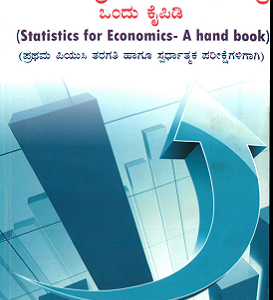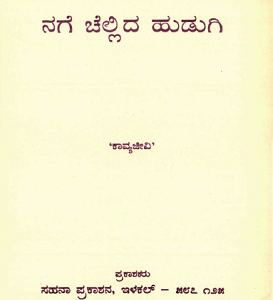५ वी गणित मराठी
| Publication Language |
Marathi |
|---|---|
| License Type |
Open Access |
| Publication Type |
Textbooks |
| Publication Author |
Balbharati |
| Publisher |
Balbharati |
Kindly Register and Login to Tumakuru Digital Library. Only Registered Users can Access the Content of Tumakuru Digital Library.
Reviews (0)
Be the first to review “५ वी गणित मराठी” Cancel reply
You must be logged in to post a review.

















Reviews
There are no reviews yet.